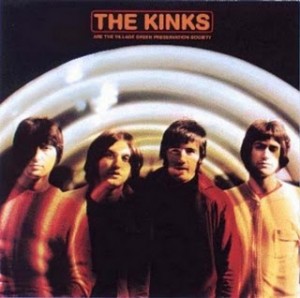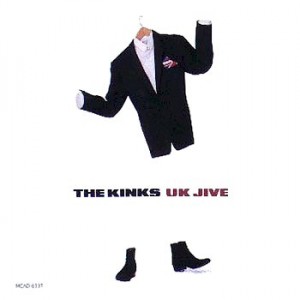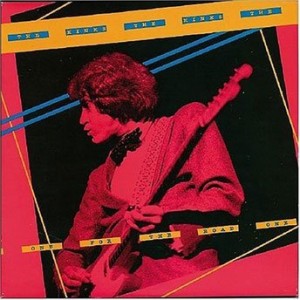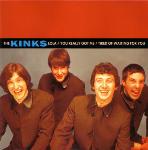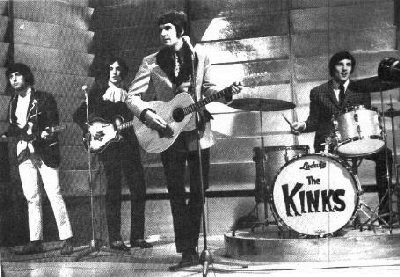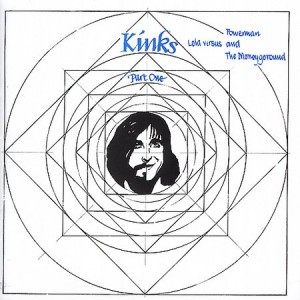
“Lola Vs. The Powerman And The Moneygoround” Was Issued In 1970. The Title Track Made The Kinks Fashionable All Over Again.
Who could blame Ray Davies for lashing out at the industry after the reception that “The Village Green Preservation Society” and “Arthur” were given? Both albums are now deemed as the absolute peak of The Kinks’ career. And at the time of their release, they were virtual non-entities. Something was clearly wrong with the picture. And (by then) you could count the bands that had been screwed as much as The Kinks on the one hand. Well, for their next album Ray was to try and put a spoke on the wheels of the moneygoround, and show the powermen that some things are essentially meant to remain unbound.
The true moment of genesis of the whole album was a delectably convoluted one. The Kinks had released a song named “Lola” in early 1970, and it quickly became their highest charting single in years. The song dealt with a man’s drunken encounter with a transvestite, and while it was no fluff under any concept its release was clearly a derisory move. Of course, the fact that the song did become a transatlantic hit proved how right Ray was on his appraisal of the whole industry.
That set the ball rolling for him, and he began working on “Lola Vs. The Powerman and The Moneygoround”, a concept record in which just everybody came under fire. Music publishers, the press, unions, accountants, yes-men… Nobody came out of it in one piece.
The music on the album was evenly split between ballads and harder-sounding numbers, and (personally) I tend to like the ballads best. “A Long Way From Home” was one of Ray’s better elegies in a period characterized by them, and “Strangers” in particular will always be remembered as one of Dave Davies’ most substantial contributions to their repertoire (for my money, it’’s up there with “Susannah’s Still Alive”).
And Dave also came up with the noisy and dirty “Rats”, a song which is not really a standout but which has a riff to kill for. It always reminds me of John Entwistle’s “Success Story” – not in terms of melody or structure, but rather in terms of accuracy. It fits the whole album so well that Dave could only have written it after having listened to Ray’s demos in order, one after the other. Just like one feels John’s did for penning his sole contribution to The Who’s “By Numbers“.
Still, the most memorable cut on the album is Ray’s “This Time Tomorrow”, a song about life on the road carried by a sublime melody that just can’t get any higher, and great hooks from back to front. And the song has a banjo that almost single-handedly gives the “Muswell Hillbillies” contingent a run for its money in terms of Americanism. Oh, and I’m sure many of you heard it on the movie “The Darjeeling Limited” (which also put “Strangers” and “Powerman” to excellent use). Continue reading

